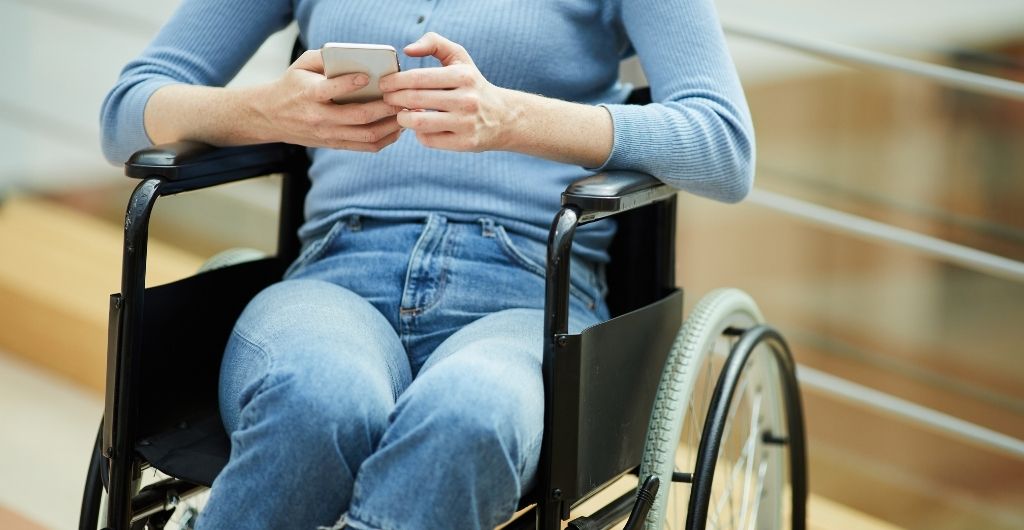
Independence and employability support app for people with learning disabilities is deployed across six local authorities working collaboratively with technical partner, AutonoMe.
AutonoMe, the creators of apps and support programmes for vulnerable people in social care settings, today announced that its service has gone live across six local authorities in the UK, as part of the Social Care Digital Innovation Accelerator 2020/21 (SCDIA) programme.
The project is co-designing, developing and implementing a digital support tool for an initial cohort of 50 people with learning disabilities. The app and associated one-on-one education support will enable the cohort to live more independently. Following the introduction of the ‘at home’ virtual support, the collaboration will move on to co-design and deploy further content with a dual focus on supporting employability, as well as mental health and wellbeing.
The London Borough of Barking and Dagenham (LBBD), which brought the project to the SCDIA (run by the Local Government Association with match-funding from NHS Digital) for investment, is joined by five other local authorities: Telford & Wrekin Council, Haringey Council, West Sussex County Council, Peterborough City Council and Cambridgeshire County Council. Facilitated and coordinated by CC2i, the collaborative project includes representation from a diverse range of authorities in terms of geography, population and needs.
AutonoMe at Home combines one-to-one support with instructional content accessed via an app to develop independent living skills, and is already in use across seven other local authorities with 280+ users. The next phase will see the learners go live using ‘AutonoMe at Work’ to develop their employability, consuming specially developed instructional material co-produced in partnership with the six council partners and the learners themselves.
Partner councils’ focus on employability and confidence
This SCDIA project’s overall aim is to provide outcome-focused support for the participating councils’ communities with learning disabilities, helping to manage their health and wellbeing and integration into society post COVID-19. According to The Mental Health Foundation, there are 1.5 million people living with a learning disability in the UK, all of whom will have experienced significant adjustments to their lives as a result of social distancing regulations.
Additionally – prior to the COVID-19 outbreak – the national view confirms that just 17% of individuals with learning disabilities as their main health condition were in employment[1] and only 6% of adults with a learning disability known to their local authority in England are in paid work[2].
Stephan Liebrecht, Operational Director, Adults Care and Support, LBBD commented: “The provision of outcomes focused support that helps those with learning disabilities to secure employment and/or manage their health and wellbeing and reintegrate back into social settings post COVID-19 – in a cost-effective way – will be a key challenge nationally.”
William Britton, CEO of AutonoMe commented: “Councils, partners and the wider community will need to support vulnerable people to maintain their independence in areas such as daily living skills and employability. The SCDIA project aims to provide additional service insight, user feedback and support, so that commissioners and providers receive a very clear picture of how well residents on the project are coping with independent living and gaining skills for employment.”











